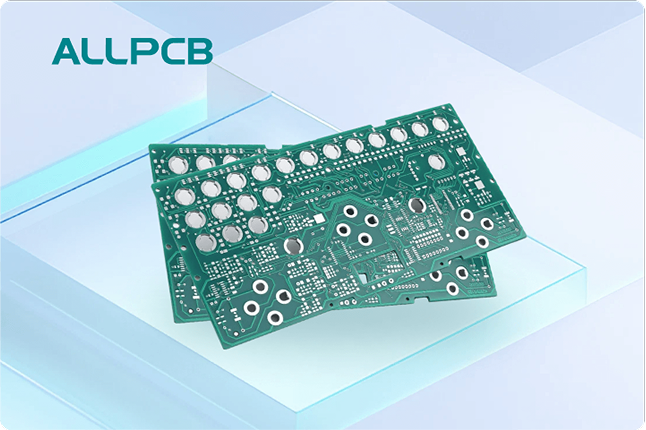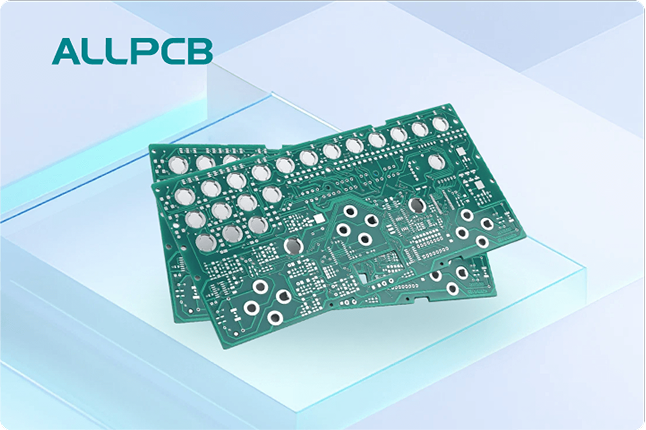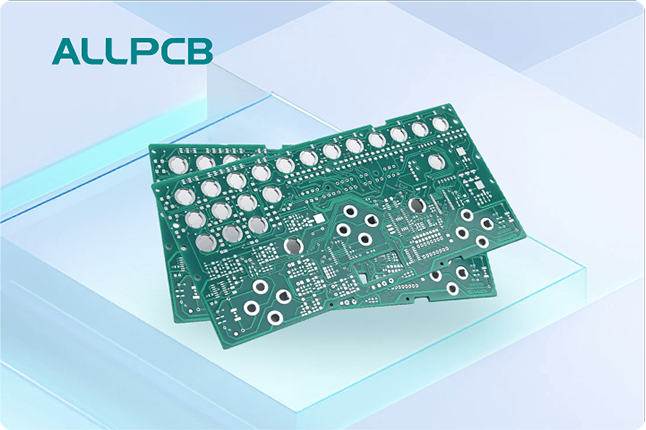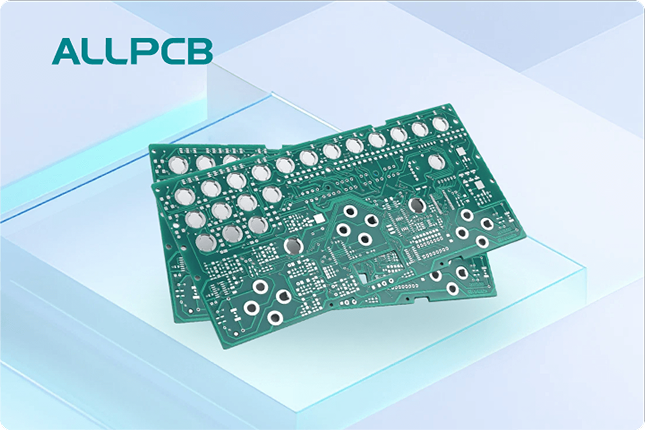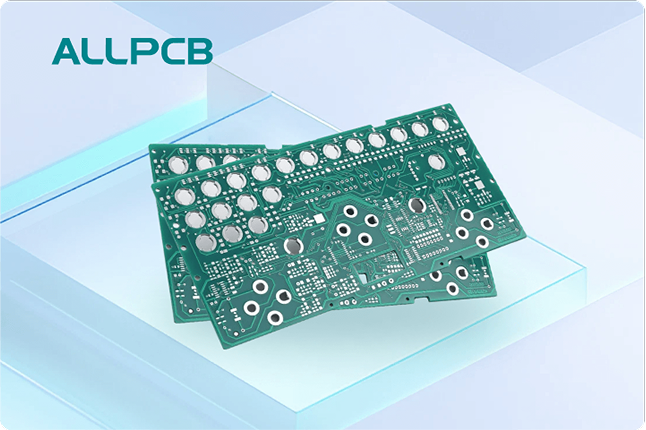If you're looking to advance your career in the printed circuit board (PCB) industry, the IPC-A-600 certification could be your key to success. This certification focuses on the acceptability of printed boards and is widely recognized as a benchmark for quality in PCB inspection. In this blog, we'll explore the IPC-A-600 certification benefits, how it shapes a career in PCB inspection, the PCB certification value, potential IPC certification salary impacts, and the essential PCB job skills it helps you develop. Let's dive into why this certification can elevate your professional journey in the electronics manufacturing field.
What Is IPC-A-600 Certification?
The IPC-A-600 standard, known as the "Acceptability of Printed Boards," is a globally recognized guideline developed by the Institute of Printed Circuits (IPC). It provides detailed visual criteria for evaluating the quality of bare printed circuit boards before assembly. The certification associated with this standard trains individuals to inspect PCBs against these criteria, ensuring they meet industry expectations for performance and reliability.
Professionals who earn the IPC-A-600 certification become Certified IPC Specialists (CIS), equipped with the knowledge to identify acceptable, target, and nonconforming conditions on PCBs. This certification is often sought by manufacturers, inspectors, and quality assurance personnel who aim to maintain high standards in PCB production.
Why IPC-A-600 Certification Matters in the PCB Industry
The electronics industry relies heavily on quality control to ensure that products function as intended. PCBs are the foundation of almost every electronic device, from smartphones to industrial machinery. A single defect in a PCB—such as a misaligned via or insufficient copper thickness—can lead to device failure, costing companies thousands in repairs or recalls. The IPC-A-600 certification ensures that professionals can spot these issues early, saving time, money, and reputation.
Beyond quality assurance, this certification demonstrates a commitment to industry standards. Employers value certified individuals because they bring a consistent, reliable approach to inspection processes. Whether you're working in manufacturing, assembly, or quality control, holding this certification sets you apart as a skilled professional in the field.
Key IPC-A-600 Certification Benefits
Earning the IPC-A-600 certification offers numerous advantages for professionals in the PCB industry. Below are some of the most impactful benefits:
1. Enhanced Knowledge of PCB Quality Standards
The certification training covers detailed inspection criteria for various PCB characteristics, such as conductor spacing, solder mask integrity, and hole plating quality. For example, the standard specifies acceptable copper thickness ranges (typically 25-35 micrometers for Class 2 boards) to ensure signal integrity and durability. This deep understanding allows you to maintain high-quality output and reduce defect rates in production.
2. Increased Employability
Many employers in the electronics sector prefer or require IPC certifications for roles in quality control and inspection. The IPC-A-600 certification signals to hiring managers that you have the skills to evaluate PCBs accurately, making you a valuable asset in a competitive job market.
3. Career Advancement Opportunities
With this certification, you can move into higher-level roles such as quality assurance manager or lead inspector. These positions often come with greater responsibility and better compensation, reflecting the expertise you've gained through certification.
4. Industry Recognition
IPC certifications are respected worldwide. Achieving IPC-A-600 certification shows that you adhere to international standards, boosting your credibility among peers and employers. This recognition can open doors to opportunities in global markets where quality standards are non-negotiable.
Career in PCB Inspection: How IPC-A-600 Shapes Your Path
A career in PCB inspection is both challenging and rewarding, especially with the right credentials. Inspectors play a critical role in ensuring that PCBs meet design specifications and performance requirements. With an IPC-A-600 certification, you can build a solid foundation for long-term growth in this field. Here's how it influences your career trajectory:
Entry into Specialized Roles
Starting as a PCB inspector, you can use the certification to gain entry into specialized areas like aerospace or automotive electronics, where strict quality standards are paramount. These industries often require inspectors to evaluate boards for high-reliability applications, ensuring zero defects in critical systems.
Skill Development for Future Growth
The training for IPC-A-600 hones your attention to detail and analytical skills. You'll learn to assess complex PCB features, such as multilayer board alignment or via fill percentages (typically 75% or more for acceptable standards in Class 3 boards). These skills are transferable to other areas of electronics manufacturing, giving you flexibility in your career.
Networking Opportunities
IPC training programs and certification events often connect you with other professionals in the field. Building a network of industry contacts can lead to job referrals, mentorship, or collaboration on innovative projects, further enhancing your career prospects.
PCB Certification Value: Why It’s Worth the Investment
The PCB certification value lies in its ability to provide a measurable return on investment for your time and money. While the cost of IPC-A-600 training can range from $500 to $1,500 depending on the provider and location, the benefits often outweigh the initial expense. Here's why:
Improved Job Security
Certified professionals are less likely to be replaced by untrained workers because they bring standardized expertise to the table. In an industry where precision is critical, employers value the assurance that comes with certification.
Higher Earning Potential
While salaries vary by region and experience, certified PCB inspectors often earn more than their uncertified counterparts. According to industry data, professionals with IPC certifications can see a salary increase of 10-20% compared to those without formal training. This boost reflects the added value you bring to your role.
Long-Term Cost Savings for Employers
By reducing errors in PCB production, certified inspectors save companies significant costs associated with rework or product failures. For instance, catching a defect like insufficient annular ring width (minimum 0.05 mm for Class 2 boards) before assembly prevents costly delays. Employers recognize this value and often reward certified staff with promotions or bonuses.
IPC Certification Salary: What Can You Expect?
The IPC certification salary impact is a major motivator for many professionals pursuing the IPC-A-600 credential. While exact figures depend on factors like location, experience, and industry, here are some general trends based on available data:
- Entry-Level Inspectors: Without certification, starting salaries for PCB inspectors might range from $35,000 to $45,000 per year in the U.S. With IPC-A-600 certification, this can increase to $40,000 to $50,000 annually.
- Mid-Level Roles: With a few years of experience and certification, salaries can climb to $50,000 to $65,000 per year, especially in high-demand sectors like aerospace or medical electronics.
- Senior Positions: Quality managers or lead inspectors with multiple IPC certifications often earn between $70,000 and $90,000 annually, reflecting their advanced skills and responsibilities.
These numbers highlight how certification can directly influence your earning potential over time. Additionally, many companies offer bonuses or incentives for maintaining up-to-date certifications, further boosting your income.
Essential PCB Job Skills Gained Through IPC-A-600 Certification
The PCB job skills developed through IPC-A-600 training are critical for success in the industry. These skills not only improve your day-to-day performance but also prepare you for more complex challenges. Key skills include:
1. Precision in Inspection
You'll learn to identify minute defects, such as cracks in solder masks or deviations in trace width (often specified as +/- 10% of design values). This precision ensures that only high-quality boards move forward in production.
2. Understanding of Class Requirements
The IPC-A-600 standard categorizes PCBs into three classes based on their intended use: Class 1 (general electronics), Class 2 (dedicated service electronics), and Class 3 (high-reliability electronics). Certification teaches you to apply the appropriate criteria for each class, ensuring compliance with specific industry needs.
3. Documentation and Reporting
Accurate documentation is a vital skill for inspectors. You'll learn to record findings clearly, noting whether a board meets target conditions or requires rework. This helps maintain transparency and traceability in manufacturing processes.
4. Problem-Solving Abilities
When nonconforming conditions are detected, certified professionals are trained to suggest corrective actions. For example, if a via hole shows insufficient plating (below 20 micrometers), you might recommend additional plating cycles to meet standards.
How to Get Started with IPC-A-600 Certification
If you're ready to boost your career with this certification, follow these steps to get started:
- Research Training Providers: Look for IPC-accredited training centers that offer IPC-A-600 courses. These programs are available in-person, virtually, or as on-site training for companies.
- Enroll in a Course: Choose a training format that suits your schedule. Most courses last 2-3 days and include both theoretical learning and hands-on inspection practice.
- Pass the Exam: After completing the training, you'll need to pass a certification exam to earn your CIS designation. The exam tests your understanding of acceptance criteria and inspection techniques.
- Maintain Your Certification: IPC certifications typically require renewal every two years through retesting or continuing education to stay current with industry updates.
Conclusion: Invest in Your Future with IPC-A-600 Certification
The IPC-A-600 certification is more than just a credential—it's a powerful tool for advancing your career in the PCB industry. From unlocking the IPC-A-600 certification benefits to shaping a rewarding career in PCB inspection, this certification offers immense PCB certification value. It can lead to a higher IPC certification salary and equips you with essential PCB job skills that employers demand.
Whether you're just starting out or looking to take your career to the next level, investing in this certification can set you on a path to success. By mastering the art of PCB inspection and adhering to global quality standards, you'll become an indispensable part of the electronics manufacturing world. Take the first step today and elevate your professional journey with IPC-A-600 certification.
 ALLPCB
ALLPCB


